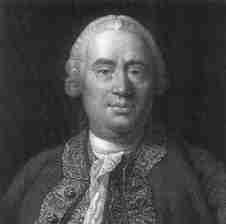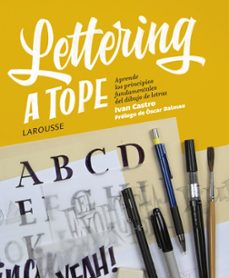📱 eBook en inglés DAVID HUME: THE COLLECTED WORKS
Enriched edition. Exploring Empiricism and Skepticism in 18th Century Philosophy
Good Press- 8596547793854
Sinopsis de DAVID HUME: THE COLLECTED WORKS
In this enriched edition, we have carefully created added value for your reading experience:
- A comprehensive Introduction outlines these selected works unifying features, themes, or stylistic evolutions.
- The Author Biography highlights personal milestones and literary influences that shape the entire body of writing.
- A Historical Context section situates the works in their broader era—social currents, cultural trends, and key events that underpin their creation.
- A concise Synopsis (Selection) offers an accessible overview of the included texts, helping readers navigate plotlines and main ideas without revealing critical twists.
- A unified Analysis examines recurring motifs and stylistic hallmarks across the collection, tying the stories together while spotlighting the different works strengths.
- Reflection questions inspire deeper contemplation of the authors overarching message, inviting readers to draw connections among different texts and relate them to modern contexts.
- Lastly, our hand‐picked Memorable Quotes distill pivotal lines and turning points, serving as touchstones for the collections central themes.
App gratuita de lectura Vivlio Casa del Libro
Ahora tu lectura es multidispositivo, con la App Vivlio Casa del Libro, puedes tener todos tus libros en tu tablet y smartphone. Aprovecha cualquier momento para seguir disfrutando de las lecturas que más te gustan.
Escrito por David Hume

Ficha técnica
Editorial: Good Press
ISBN: 8596547793854
Idioma: Inglés
Especificaciones del producto
Opiniones sobre DAVID HUME: THE COLLECTED WORKS (EBOOK)
¡Sólo por opinar entras en el sorteo mensual de tres tarjetas regalo valoradas en 20€*!
Léelo en cualquier dispositivo

iPhone y iPad
Descarga la App de lectura Vivlio Casa del Libro para iOS. Es gratuita y está disponible tanto para iPhone como para iPad.

Android
Descarga la App de lectura Vivlio Casa del Libro para Android. Es gratuita y está disponible tanto para móvil como para tablet.

Tu navegador
Puedes leer los eBooks directamente con nuestro visor online, accediendo a nuestra web desde tu móvil o tu ordenador, sin necesidad de descargar nada. Accede a tu área de usuario y empieza a leer.

eReaders*
Puedes conectar tu eReader a tu ordenador y enviar el libro al dispositivo utilizando Adobe Digital Editions.
* Los eReaders de Amazon (Kindle) solo permiten libros de su propia tienda, por lo que no son compatibles.


































